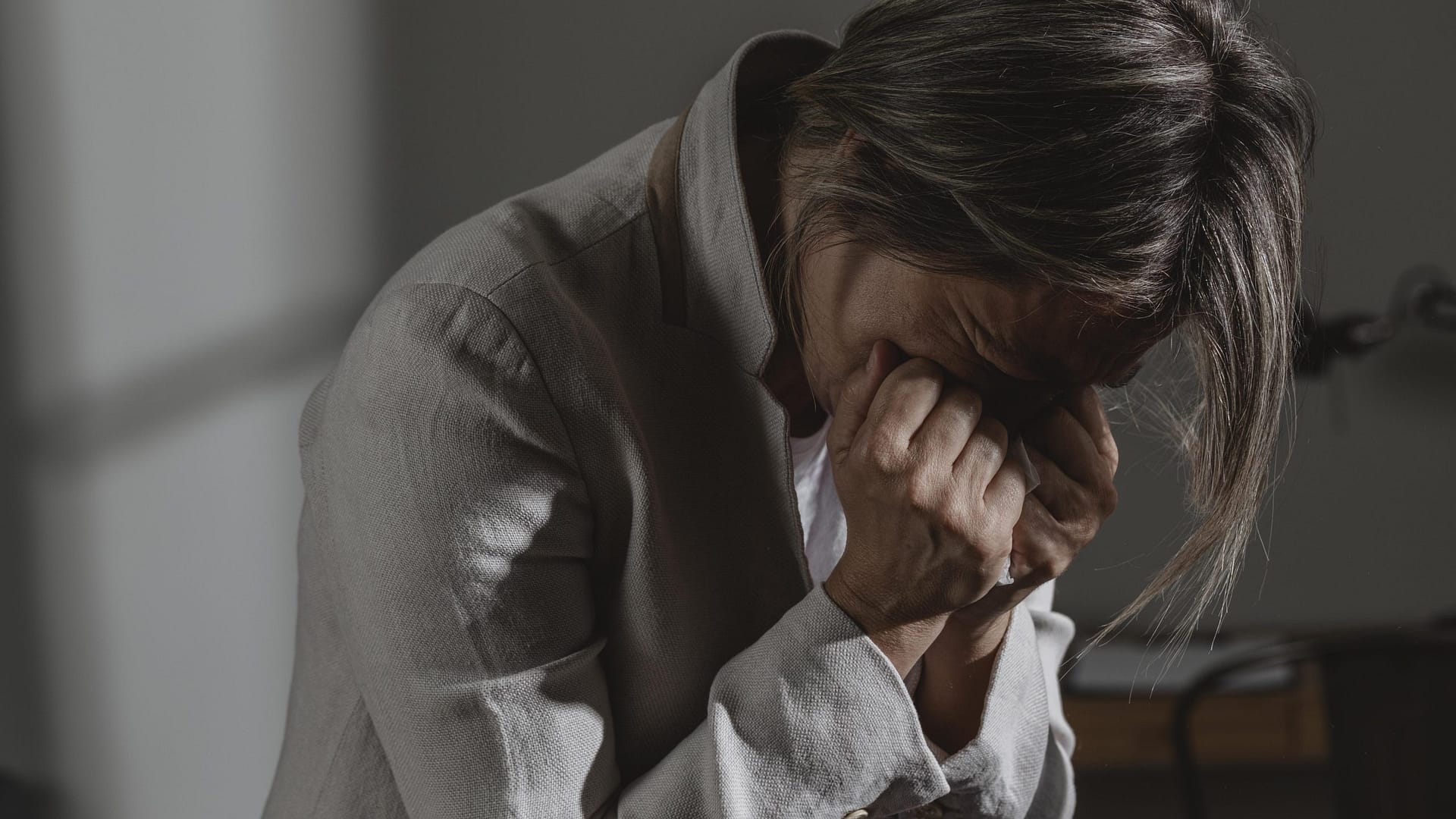Obsessive-Compulsive Disorder (OCD) is a mental health condition that features intrusive thoughts, compulsions, and tremendous anxiety. It is not the thoughts themselves which are harmful; rather it is what we make of them and how much they disturb us – this points to their interpretation. In OCD these readings are often distorted, leading to greater anxiety and more compulsion.
What’s OCD?
Obsessive-Compulsive Disorder (OCD) is a widespread chronic mental health problem throughout the world. It tends to be characterized by three main things:
- Intrusive Thoughts: Distressing or worry-provoking involuntary thoughts that keep coming back.
- Compulsions: Repetitive behaviors or mental acts that a person feels driven to perform in response to their obsessions.
- Anxiety: The unpleasant feeling of fear or dread often accompanied by physical sensations such as sweating or rapid heartbeat; it may trigger both obsessive thinking and ritualistic behavior patterns.
What Are Distorted Thoughts?
Distorted thoughts are patterns of thinking that cause us to misinterpret our experiences. They can be negative, irrational and lead to emotional distress. In OCD, these distortions involve changing the meaning of intrusive thoughts so they appear more dangerous or significant than they really are.
For instance: Let’s say someone with OCD has an intrusive thought about hurting their loved one. In a healthy brain, this would be seen as an irrelevant thought but for someone suffering from obsessive-compulsive disorder, there might be the following examples of distorted thinking patterns:
“This means I’m a bad person and capable of violence.” (Overgeneralization)
“If I don’t check on my loved one over and over again, then something terrible will happen.” (Magical Thinking)
Such distorted understandings fuel anxieties around those ideas causing repetitive behaviors aimed at reducing fears temporarily which, however, only strengthen them, perpetuating the cycle further on eventually leading back into more intense worrying still. Psychotherapists in NYC are able to provide various evidence-based therapies for individuals who need support overcoming their distorted thinking patterns and managing their obsessive-compulsive disorder more effectively.
The OCD Cycle
OCD cycle could be a non-stoppable merry-go-round, where intrusive thoughts trigger distorted thinking leading to anxiety and then compulsions only back to intrusive thoughts. This loop significantly affects people’s day-to-day lives causing great distress and interfering with work, relationships, and overall well-being.
How Cognitive Restructuring Helps?
Thankfully there are ways in which we may break free from this distorted thinking along with other parts of the OCD cycle. One of the most powerful methods is cognitive restructuring; it’s a technique used within Cognitive Behavioral Therapy (CBT) that helps us recognize and challenge negative thought patterns.
Role of Cognitive Restructuring to Overcome OCD-Distorted Thinking
Pointing Out Distortions: Initially, you need to identify those distorted thoughts that fuel your anxiety. Therapists can aid this process by analyzing what beliefs are attached to an intrusive thought or that occurs alongside them.
Creating More Balanced Thoughts: Once challenged with alternative viewpoints based on reality after challenging each distorted idea individually so far, replace it with another perspective that takes into account both extremes instead of leaning towards just one side always.
Doing this process of recognizing, questioning, and changing distorted thoughts needs training and support. If you require psychotherapist help, then visit GS Mental Health & Wellness Center in New York. The therapists here specialize in CBT and OCD with therapy plans tailored for every individual towards addressing their troubles and symptoms related to OCD.
Strategies for Tackling Distorted Thinking in OCD
Mindfulness Techniques:
Practicing mindfulness through activities such as meditation or deep breathing can help one realize their thoughts and emotions non-judgmentally. You can challenge bursty thinking habits by monitoring ideas without losing yourself in them.
Imaginal Exposure:
Imaginal exposure in obsessive-compulsive disorder (OCD) means that patients should imagine very well the scenarios they are afraid of and are connected with their obsessions. This technique from cognitive-behavioral therapy makes them face their fears over and over again through visualization without any real-life contact, thus helping with emotional processing as well as anxiety control.
Get Professional Help:
It would be best if you found a mental health counselor in NYC who specializes in OCD and CBT because they will offer tremendous support and guidance on how to identify and confront distorted thinking patterns. More so, they’ll teach various ways of dealing with intrusive thoughts coupled with anxiety.
Remember: It takes time plus effort to confront distorted thinking patterns; therefore, celebrate little gains made along the way but do not hesitate to seek professional help when necessary since there’s always light at the end of every tunnel.
FAQs About OCD Distorted Thinking
Q1. Does OCD consider intrusive thoughts?
No, the intrusive thoughts themselves are not OCD. In fact, everyone has them once in a while. But in OCD such thoughts become so overpowering that they cause anxiety due to falsely understood meaning and lead to compulsions afterwards.
Q2. How do I know if my thought process is distorted?
Usually a negative orientation, catastrophic or all-or-nothing thinking can be referred to as distorted patterns of thinking. If they provoke excessive anxiety and seem rigid or unchangeable then yes, your thoughts might be distorted.
Q3. Can OCD’s distorted thinking be fixed quickly?
Unfortunately, there isn’t an immediate cure for OCD. Nevertheless, continuous practicing such techniques as cognitive restructuring and mindfulness may greatly enhance your skills at challenging distorted thoughts thus controlling symptoms of obsessive-compulsive disorder.
Q4. What should I do if overwhelmed by OCD and distorted thinking?
Do not hesitate to ask for professional assistance! Consult an OCD therapist in NYC who specializes in CBT, ACT, and ERP and deals with people suffering from obsessive-compulsive disorder will offer individual guidance on how best to deal with your particular case, and support you throughout the process of finding healthy coping strategies for managing these symptoms.
Taking Charge of Your OCD Journeye
Distorted OCD thoughts may form a continuous worry and ritual that can take over your life. But there’s hope! You can give yourself the ability to fight back against these twisted thoughts by learning about them. For instance, balanced thinking can be cultivated through cognitive restructuring and mindfulness; these also weaken intrusive thoughts.
If necessary, do not hesitate to find an OCD therapist in NYC who uses CBT, ERP, and ACT methods. You can control your obsessive-compulsive disorder with continuous effort combined with the right support network that will help you live a satisfying life. There is always hope – take charge of this journey through your own power over OCD.






